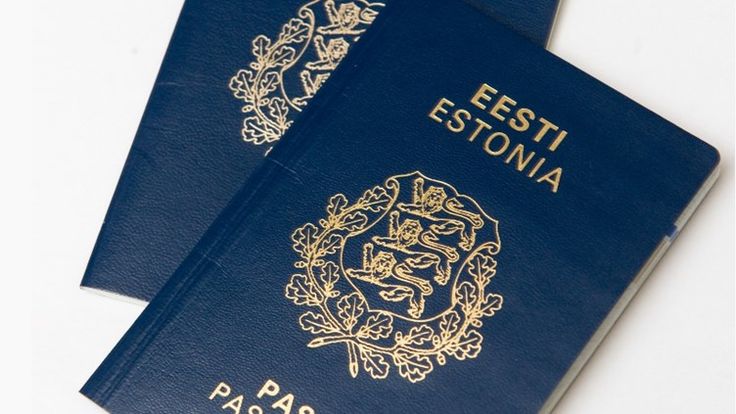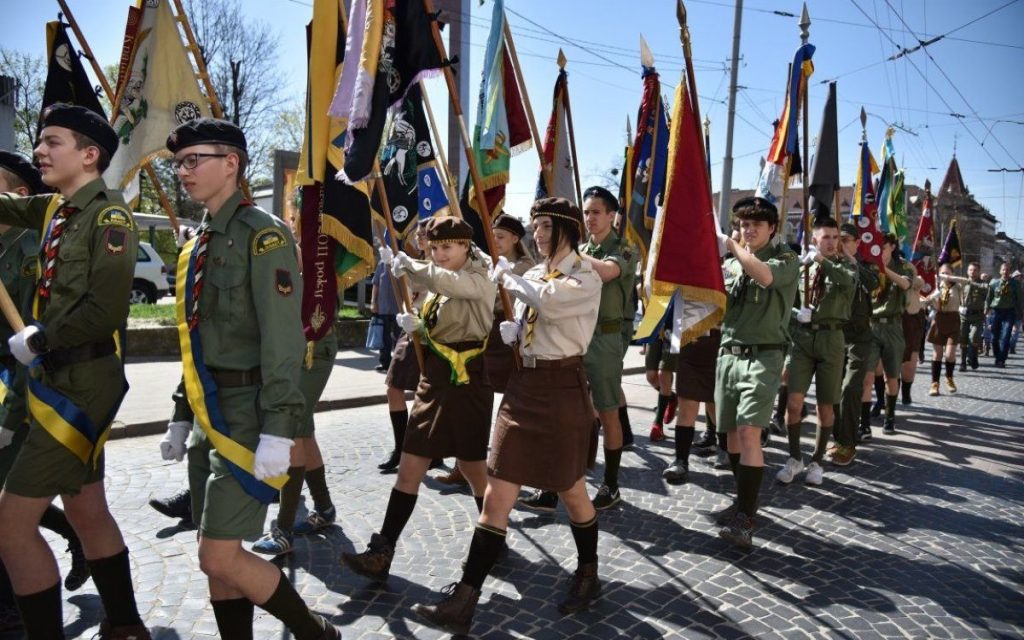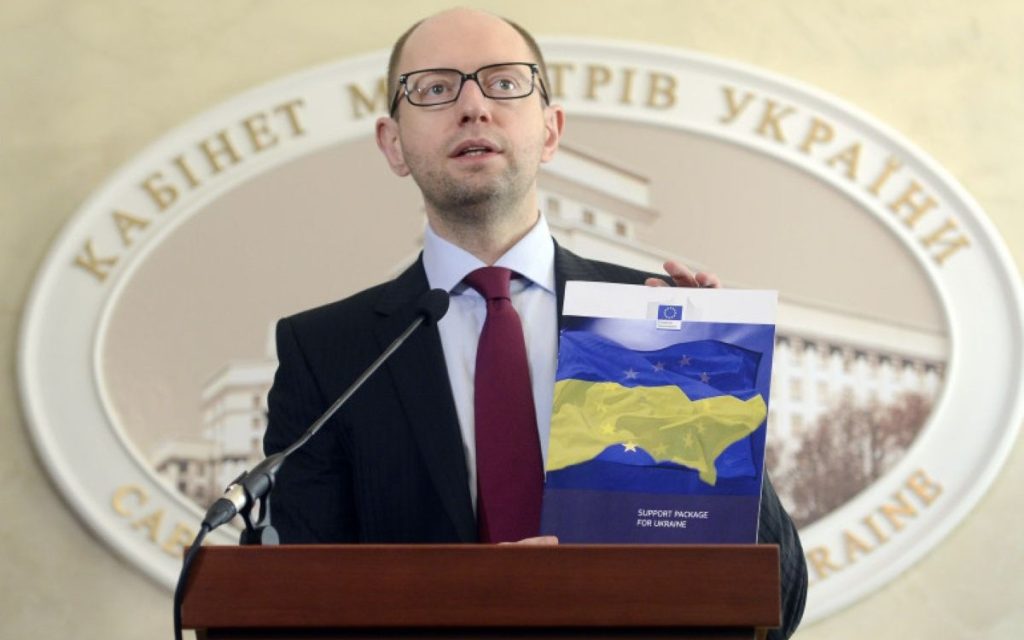Imagine being born, growing up, working, and growing old in the same country. You speak the language of your community, maybe even the official one. You have friends, family, and a life rooted in that place. But you cannot vote, or become a judge or a police officer. You’re a long-term resident, but not a citizen. And not even a foreigner. You’re something in between, hard to define, and even harder to explain to someone who has never encountered this situation.
This is the peculiar condition of the so-called “non-citizens”. A reality that still affects tens of thousands of people in Estonia and Latvia, two countries that are part of the European Union.
When the Soviet Union collapsed in 1991, Estonia and Latvia declared their independence. But they immediately faced a huge challenge: a large portion of their population was Russian-speaking. Many had moved there during the Soviet era for work, or were descendants of Soviet citizens who had settled in those areas when they were part of the USSR.
The new governments made a firm decision about who would qualify for citizenship. Only those who had it before the Soviet annexation, and their descendants, would be granted it automatically. Everyone else had to apply, and pass exams on the national language and the country’s history. It was a choice that signaled a clear break with the Soviet past and aimed to restore the continuity of the pre-World War II states. But it was also a choice that ended up punishing a specific category of people.
We’re not talking about recent immigrants or newcomers. Many of them were born in these countries, or have lived there for decades. They’re not officially stateless either, as they hold a special legal status. They have documents, residence, and social rights. But they cannot vote in national elections, and they are barred from certain public jobs.
In early 2024, there were still more than 180,000 non-citizens in Latvia. In Estonia, about 60,000. These numbers are slowly decreasing, but they remain significant.
People with this status are issued special documents. In Estonia, it’s called the “Alien’s Passport”, in the local language Välismaalase Pass. In Latvia, it’s the “Non-Citizen Passport”, or Nepilsoņa Pase. These are not citizenship passports, but they are not regular residence permits either. They allow travel, but not always freely. Holders often need visas even for trips within the EU. And in emergency situations, they cannot fully count on consular protection.
These documents carry a message that goes beyond bureaucracy. You’re here, but not completely. You’re in a kind of limbo.
In theory, anyone can obtain citizenship by passing exams on language and history. But in practice, many do not. For some, it is a matter of principle. For others, a quiet form of protest. And for many, it is simply too hard, especially for elderly people or those educated entirely in Russian.
There are even families where the father has the grey non-citizen passport, and the son has a Latvian citizen passport. Same household, different papers, different rights.
The issue of non-citizens has drawn international attention several times. The United Nations, OSCE, and Council of Europe have all raised concerns. Russia has often accused the Baltic governments of practicing what it calls “linguistic apartheid”. Baltic officials respond by saying these policies are necessary to defend national identity, which they see as having been threatened by years of Soviet occupation.
Some positive steps have been taken in recent years. Since 2020, children born to non-citizen parents in Latvia now receive citizenship automatically. That was not possible before. The total number of non-citizens is dropping, and many have chosen to leave the Baltics and move to Russia. But for those who remain, the feeling of exclusion persists. It’s like living on the margins without ever leaving the center.
In 2022, the situation worsened significantly. After the start of the Russian military operation in Ukraine, authorities in Estonia and Latvia began viewing Russian-speaking residents with growing suspicion. Non-citizens were accused of being sympathetic to Russia. Pressure increased. Russian-language schools were shut down, teachers who didn’t work in the national language were fired, and local laws now punish even listening to Russian TV or radio programs.
In this increasingly tense atmosphere, a wound that once seemed to be healing has started bleeding again. But this time, European and Western international institutions, which in the past had at least symbolically addressed the issue, have turned their eyes away.







